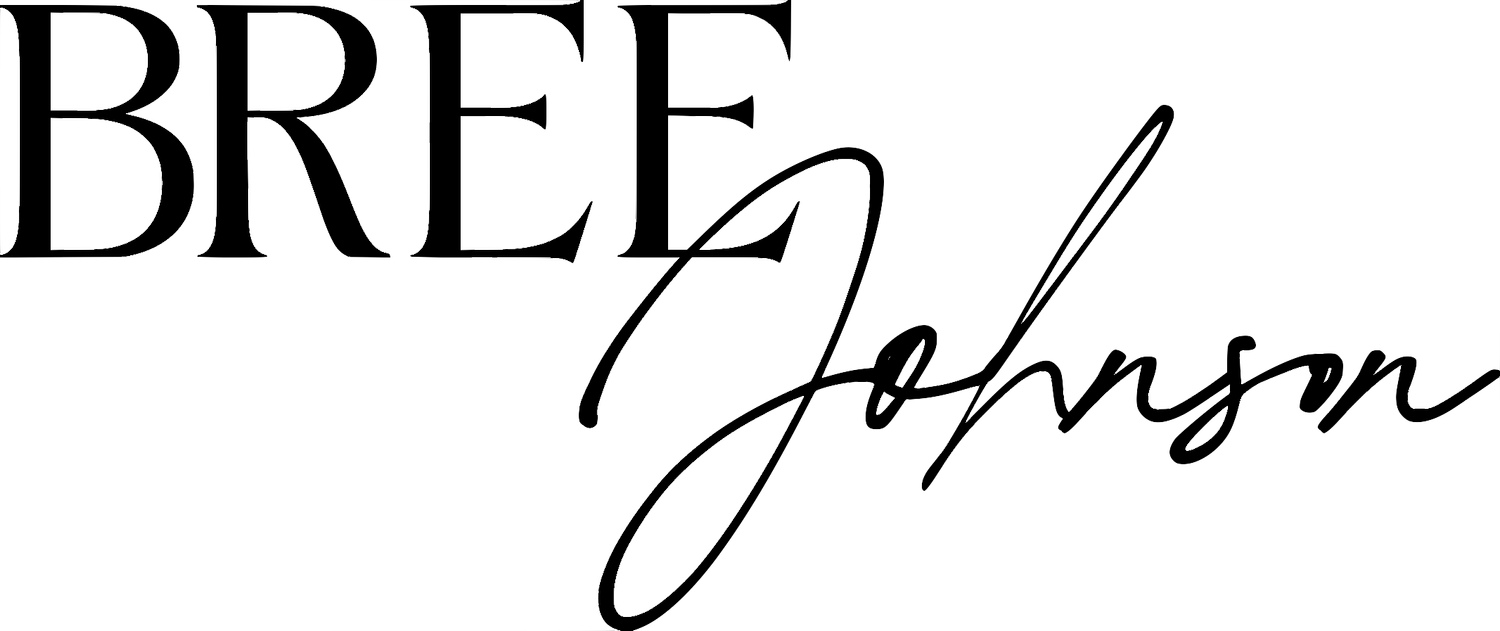Remote Leadership IS the New Normal
Remote work is here to stay. Countless workplaces moved to remote and hybrid work environments and, four years removed from the pandemic, it’s time to build better, more conscious and intentional skills for today’s leaders with remote and hybrid teams.
Setting the Stage - Remote Leadership Isn’t Easy
First, it’s important to acknowledge that to some extent we are all new at leading and collaborating with distant and remote teams and people - telecommuting has only been around in its very early stages for about 20 years and most teams and companies didn’t even fully realize remote work until March 2020. And new skills and ways of working are hard.
It’s not easy to be a beginner and more importantly, in most workplaces, training and development on the nuanced challenges facing leaders of remote teams is non-existent. That makes it even harder to be good at something when you are literally flying by the seat of your pants, hoping old leadership tools, approaches, and methods work the same way in the new environments.
Remote Leadership Will Challenge Your Pre-Existing Beliefs About Work
The second challenge of remote leadership is how people choose to work in a remote or hybrid environment is going to run smack into your and the company’s very established beliefs and conditioning about what work SHOULD look like. And this is where the real work begins.
To explain what that can look like, I bet you know a leader who during and just after the pandemic was incredibly supportive of remote and hybrid work. They enjoyed it, took advantage of it, and felt firsthand the balance that it enabled in their own life. They are what I’ll call a “Sorta Supportive Remote Leader” because they were supportive of remote work but only when it benefited them.
However, now that we’re a few years removed from the pandemic, Sorta Supportive Remote Leader has returned to the office and is back to embracing traditional, probably outdated, and deeply conditioned beliefs about work. The Sorta Supportive Remote Leader says things like “you say that you’re working, but I don’t see it” or “employees don’t have a work ethic any longer” or “if someone is working from home, I expect an immediate response to know they are online.”
Sorta Supportive Remote Leader expresses their displeasure at the new normal of hybrid and remote work regularly and uses it as an ax to grind because the new way of work looks different than their traditional way of working.
Remote Leadership, Like All Leadership, Requires Confronting Parts of You
If you’ve had thoughts and feelings similar to this, you’re not alone. It’s the often overlooked necessity to become an effective and conscious, evolved leader - the actual work of leadership requires confronting parts of yourself that you may not like so that you can be a more effective leader.
And thankfully, there are questions and reflections you can ask to become a more conscious and evolved leader. These questions include the following:
Why do you feel activated? Getting at the root of your irritation can help you to approach remote work with curiosity instead of unhelpful comparison and complaints.
Why does someone else’s way of working, the hours they’re working, the time they send emails, the boundaries they’ve established around work or the personal matters they tend to in their time away from work bother you? For this question, the answer is usually because another person's choices are in conflict with your own beliefs about what it means to work and how you derive value in your way of working. It’s about YOU, not about them.
What questions can I ask to get curious rather than defensive about new ways of working? An evolved and conscious leader will be curious about someone else’s way of working, rather than attacking a different approach.
You see when you feel activated - it’s not actually about the other person. It’s so much more about you and the beliefs and conditioning that you cling to to validate and value your way of working.
Evolved Leaders Confront Their Own Assumptions
An evolved leader will recognize that workplaces are changing. They will acknowledge their own shortcomings and conditioning to get curious about how workplaces will inevitably look different than the traditional ways of working, regardless of whether you agree or disagree with it. In today’s workplace adaptability is the number one attribute of a successful leader. This is why change management and adopting a change management mindset is core to effective remote leadership.
Stay tuned for the next post about the change management mindset and why adaptability is the number one skill they look for in hiring new leaders.
